Principal Investigator

András Fejérdy »»
András Fejérdy
András Fejérdy is senior research fellow of the Church History department at the Institute of History, Research Centre for the Humanities, and the deputy director of the Institute of History, Research Centre for the Humanities (Budapest). He also serves as associate professor for Church History at Pázmány Péter Catholic University. He has been the Scientific secretary of Balassi Institute, Hungarian Academy in Rome (2011–2015). His research interests include religious history, the history of the Catholic Church in East-Central Europe and the relationship between the Holy See and Hungary in modern and contemporary history with special attention to the communist period.
His books include Pressed by a Double Loyalty: Hungarian Attendance at the Second Vatican Councile (CEU Press, 2016); Az 1822. évi magyar nemzeti zsinat története [History of the Hungarian national synode of 1822] (MTA Bölcsészettudományi Kutatóközpont, 2018) and “I was Francis Moly” Magyary Gyula emlékezései egy titkos politikai-diplomáciai békemisszióra [The memoirs of Gyula Magyary on a secret political-diplomatic peace mission] (2019).
See András’s full publications on the Research Centre for the Humanities website.
HIDE »»
Research Associates
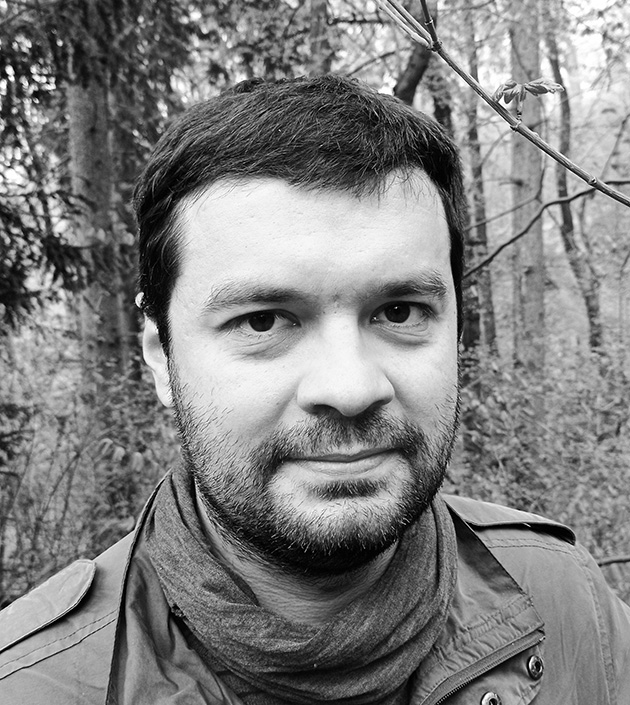
Tomasz Hen-Konarski »»
Tomasz Hen-Konarski
Tomasz Hen-Konarski is researcher in the Department of the History of Ideas and the History of the Intelligentsia in the 19th and 20th Centuries at the Tadeusz Manteuffel Institute of History, Polish Academy of Sciences (Warsaw). Tomasz holds Magister degree from the University of Warsaw and PhD from the European University Institute in Florence. His research interests include Polish and Ukrainian nation building in Galicia, Catholic Enlightenment, and the Greek Catholic Church as a political institution of the Austrian Monarchy. Apart from Florence and Warsaw, he either studied or worked in Bielefeld, Budapest, Cambridge (MA), London, Lviv, and Vienna.
Tomasz has published his work on Austrian, Polish, and Ukrainian topics in Acta Poloniae Historica, Austrian History Yearbook, East/West: Journal of Ukrainian Studies, European History Quarterly, Harvard Ukrainian Studies, Krytyka: Thinking Ukraine, and Kwartalnik Historyczny.
Currently, he serves as one of the convenors of the Assemani Seminar for Eastern Catholic History. For his previous research project, visit its website.
HIDE »»
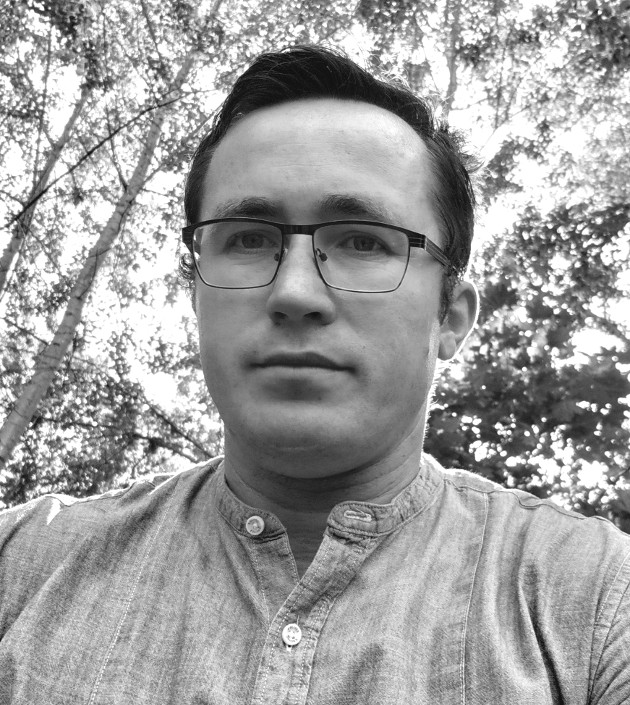
Željko Oset »»
Željko Oset
Dr. Željko Oset is a fellow at the American Slovenian Education Foundation. He was junior fellow at the Institute of Contemporary History (Ljubljana, Slovenia) between 2007-2012, and assistant professor at the University of Nova Gorica (Nova Gorica, Slovenia) between 2014-2021. Between 2021 and 2023, he was a director of the Museum of Slovenian Independence (2021-2023). He holds PhD from the University of Ljubljana.
He was a visiting researcher at the Institute of Recent History of Serbia (2010), the Croatian Institute of History (2016, 2018), the Polish Academy of Sciences (2016), the Ohio State University (2016), the Central European University (2016), the Czech Academy of Sciences (2016), the University of Graz (2017, 2020), the University of Vienna (2017), the University of Eastern Finland (2017, 2018, 2019, 2021), Moscow State University (2018), the Russian Academy of Sciences (2019, 2021) and Tel Aviv University (2019).
Oset’s research focuses on the history of Slovenian science, Slovenian-Russian cultural relations, and the role and impact of Yugoslavian secret police (UDB-a) on academia, the Catholic Church and on the society as a whole. In 2021, he published a transcript of UDB’s textbook with commentary (Udbovski učbenik: začetni tečaj- strogo zaupno – UDB’s textbook, beginner’s level – top secret).
HIDE »»
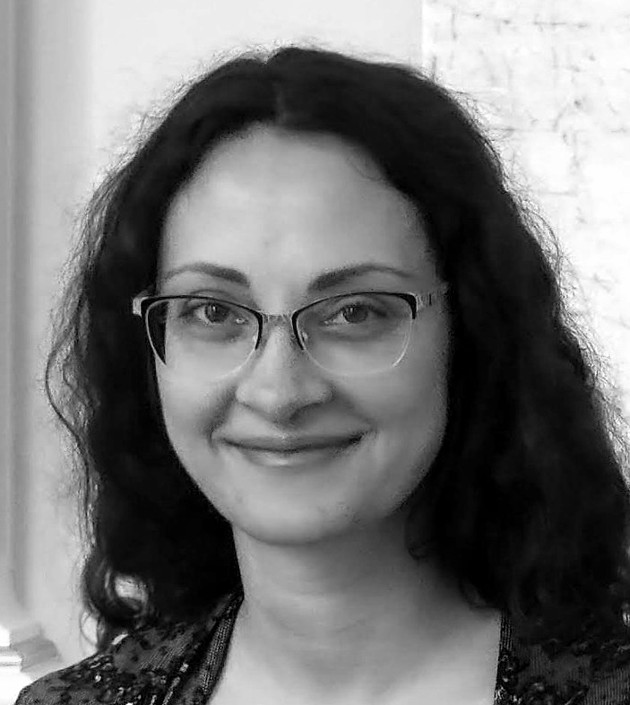
Katalin Pataki »»
Katalin Pataki
Dr. Katalin Pataki is Associate Member of the Faculty of History at the University of Oxford. She received her doctoral degree at the Central European University in 2020. In her dissertation, she studied secular authorities’ capacities to monitor incomes and expenses directly connected to the individual members of religious orders in the Habsburg realms. During her doctoral studies, she held several fellowships and pursued her research at various prestigious institutions including the University of Cambridge (CEU DRSG), the Charles University (Erasmus+) and the French Research Center in Humanities and Social Sciences in Prague (Visegrad Fund), the Leibniz Institute of European History in Mainz, and at the Collegium Hungaricum in Vienna. She taught academic writing as Global Teaching Fellow at the Asian University for Women in Chittagong, Bangladesh in 2020, where she also developed a new research project on the management of tax-free lands in eighteenth-century Bengal. Between 2020-2023, she worked as postdoctoral researcher at the University of Oxford, where she pursued research on early modern economic and military history in the framework of the “The European Fiscal-Military System 1530-1870” project funded by the European Research Council. Her research interests also include the history of early modern medicine, particularly the material culture and economic role of apothecary shops maintained by monasteries.
Latest publication: Monastic Prisons in the Eyes of Ecclesiastical and Secular Authorities, Storia e Regione/Geschichte und Region (2022) vol. 31 no. 1., 119-143.
For a full list see: https://orcid.org/0000-0003-0331-8295
HIDE »»
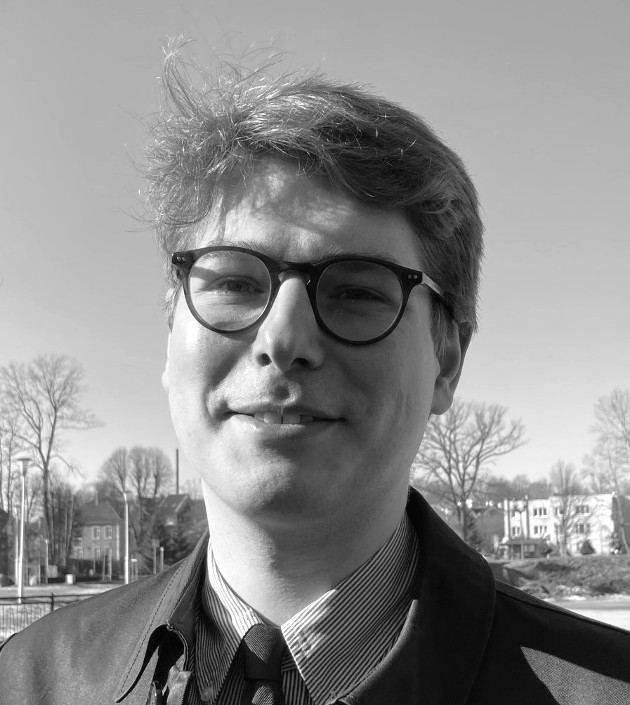
Przemysław Pazik »»
Przemysław Pazik
Przemysław Pazik – a graduate of the University of Warsaw and the College of Europe (Natolin). In 2019 he received PhD in history with a dissertation focusing on the post-WWII debates among catholic intelligentsia in Poland. Prior to joining the SOVEREIGNTY project team he worked at the College of Europe (Natolin), Vistula University in Warsaw and Polish Ministry of Foreign Affairs. He was a junior research fellow at the Institute of European History (IEG) in Mainz and visiting researcher at the Pontificia Università della Santa Croce in Rome as well as the recipient of the Vibke Sorensen grant at the Historical Archives of the EU in Fiesole. Between 2017 and 2021 he was the PI for the National Science Center (NCN) funded research project Between party and antipolitics. Catholic political though and activity in Poland 1945-1948. A comparative approach.
His research focuses on the intellectual history of political Catholicism in Poland and the history of Christian democracy in XX century.
In 2022 he published a book Spory i wybory ideowe katolików w Polsce 1942-1948 [Intellectual debates and choices of lay catholics in Poland 1942-1948] and has recently curated the Polish translation of Augusto Del Noce’s Il suicidio della rivoluzione.
HIDE »»
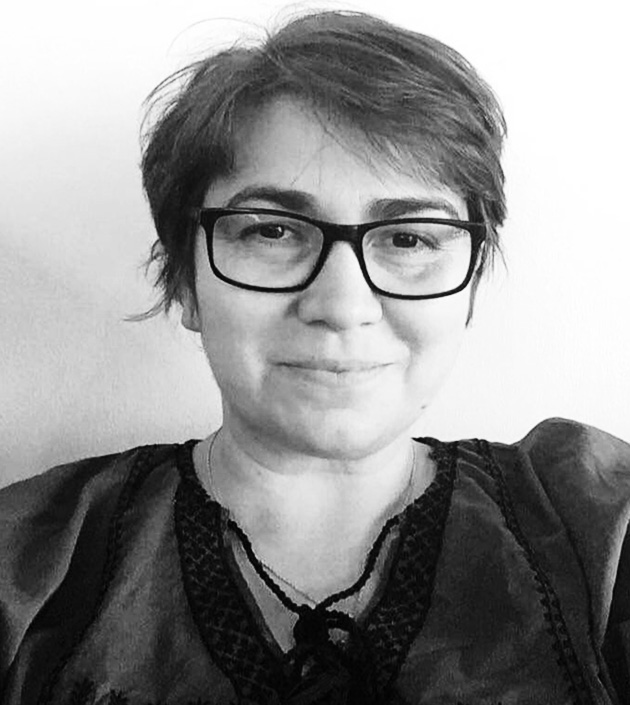
Anca Şincan »»
Anca Şincan
Dr. Anca Șincan has a Ph.D. in history from Central European University in Budapest, Hungary with a research on religion in communist Romania. In 2006 she was an expert in the Presidential Commission for the Study of the Communist Dictatorship in Romania for the chapter Church under communism. She is a researcher at the “Gheorghe Șincai” Institute for Social Sciences and Humanities of the Romanian Academy in Tîrgu-Mureș. Between 2017-2021 she was a postdoctoral researcher in the European Research Council Project Creative Agency and Religious Minorities: Hidden Galleries in the Secret Police Archives in Central and Eastern Europe (Hidden Galleries) at University College Cork.
Latest publications include a co-edited journal issue Orthodoxy and Heterodoxy: The Religious Underground in the Twentieth Century East-Central Europe in „Review of Ecumenical Studies”, 14:2 (2022) https://sciendo.com/issue/RESS/14/2 (with Ionuț Biliuță); “Do onto Yourself”: Leading the Church in the 1970s Romania through Self-Policing and Self-Censorship, East Central Europe, 49(2-3), 175-192. doi: https://doi.org/10.30965/18763308-49020003; “Atrapar el viento: la clandestinidad greco-católica en Rumanía durante la última década del régimen comunista” in Cuadernos de Historia Contemporánea, Issue 44 (2022), pp. 55-71 (https://revistas.ucm.es/index.php/CHCO/article/view/83304)
HIDE »»
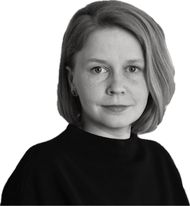
Agáta Šústová Drelová »»
Agáta Šústová Drelová
Agáta Šústová Drelová is a researcher in contemporary history of religion and an author of a weekly history podcast at Slovak daily SME. A University of Exeter and University of St Andrews graduate, she has been the beneficiary of a number of scholarships including research fellowship at the Imre Kertész Kolleg in Jena. Recently she has been based at the Institute of History (Slovak Academy of Sciences) and participated in the Post-secular approach to memory processes in Central-Eastern Europe project where she explored the nexus of gender and national identity within post-war Catholic memory in Slovakia.
She is the author of several articles and book chapters focusing on religion, national identity and nationalism in late socialist and early post-socialist Czechoslovakia: her texts can be found in Handbuch der Religions- und Kirchengeschichte der Slowakei im 20. Jahrhundert (2024), After Utopia : Czechoslovak Normalization between Experiment and Experience, 1968-1989. (2022) or Memory and Religion from a Postsecular Perspective (2022). Currently she divides her time between her two children, research and popularisation of history.
HIDE »»
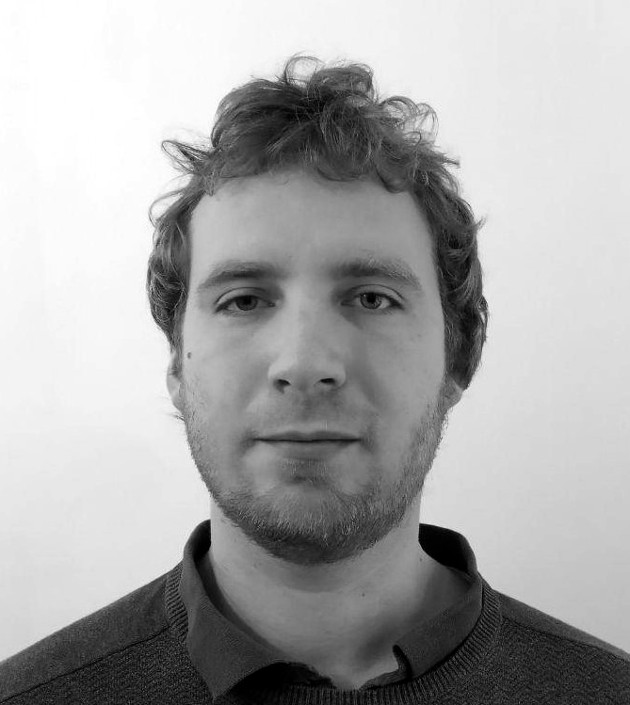
Miklós Tömöry »»
Miklós Tömöry
Miklós Tömöry is a postdoctoral research fellow at the Church History department of the Institute of History, Research Centre for the Humanities. In his work Tömöry focuses on the relations between Serbian, Croatian and Hungarian national movements and ecclesiastical institutions, with a special focus on cults of “national” saints and their festivities, as well as the production and usage of (urban) space by the national movements. Having an academic background in History, Croatian Philology and International Relations, Tömöry published academic papers in English, Hungarian, German and Serbian. Tömöry defended his PhD dissertation at Eötvös Loránd University in 2023 under the title “Space Usage and Self-representation of the Serbian National Movement in Pest-Buda and Novi Sad between 1860 and 1871”. In the project, Miklós Tömöry is focusing on relations between the state and the Catholic Church in Croatia-Slavonia and Dalmatia, as well as in Serbia and Montenegro, from 1855 till 1918.
See Miklós Tömöry’s full list of publications in the Hungarian Scientific Bibliography.
Miklós Tömöry’s profile on the website of HUN-REN Research Centre for the Humanities.
HIDE »»
Research Assistant
 –>
–>
Nikoletta Kondi »»
Nikoletta Kondi
Directorate manager, administrator at HUN-REN Research Centre for the Humanities.
HIDE »»